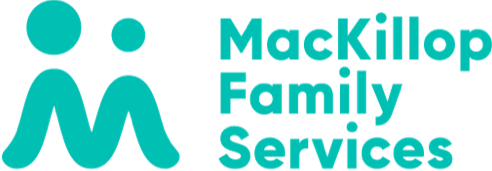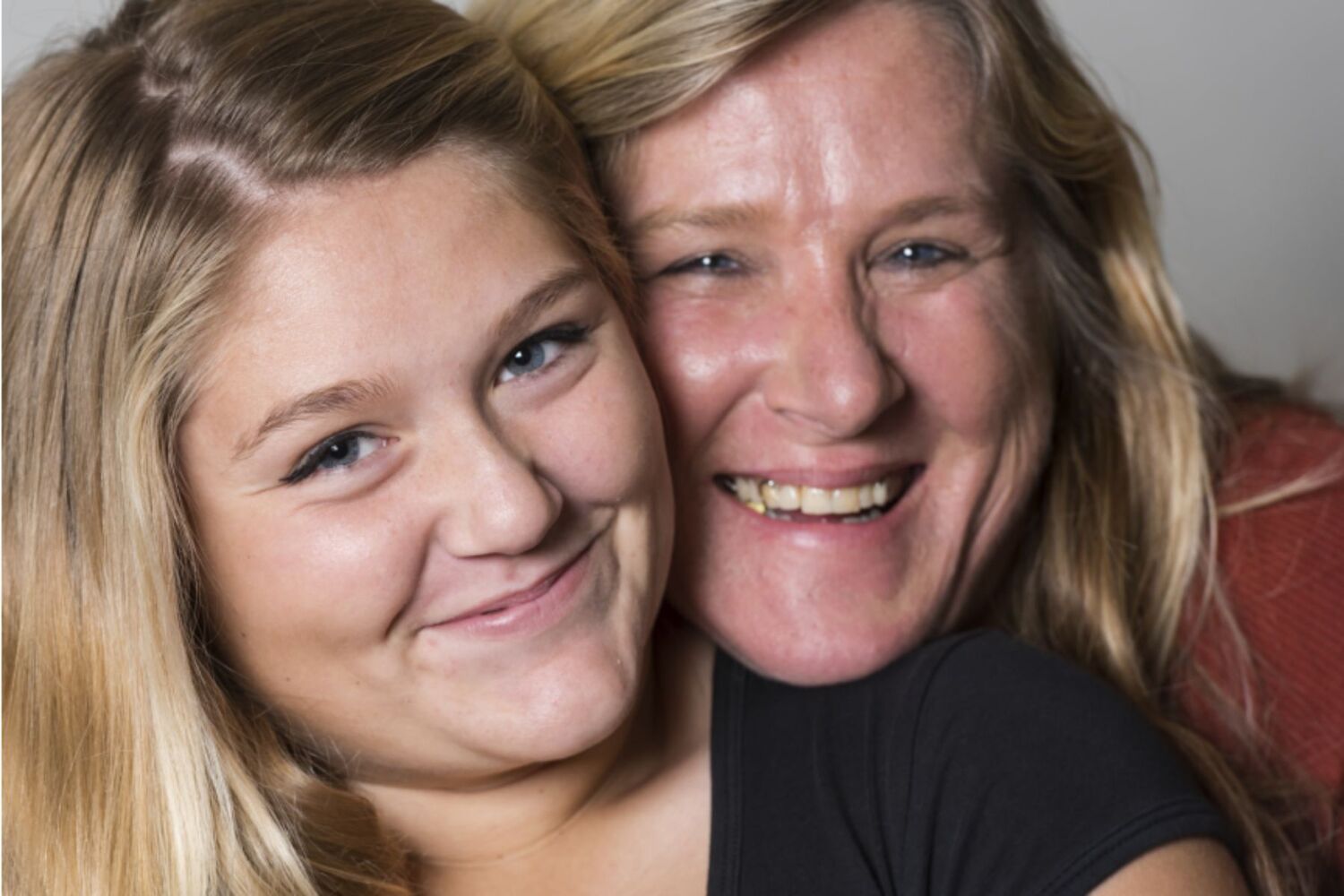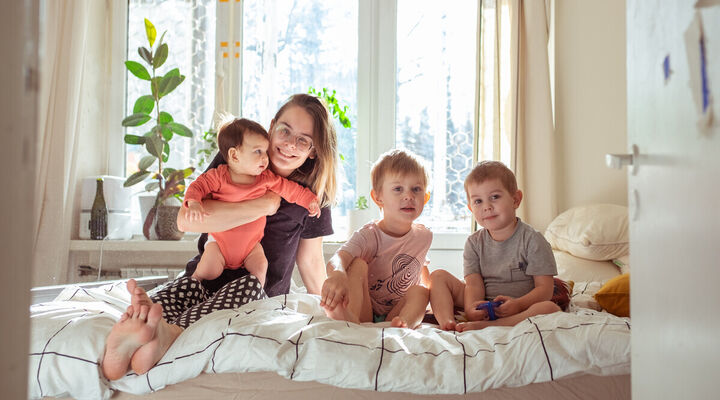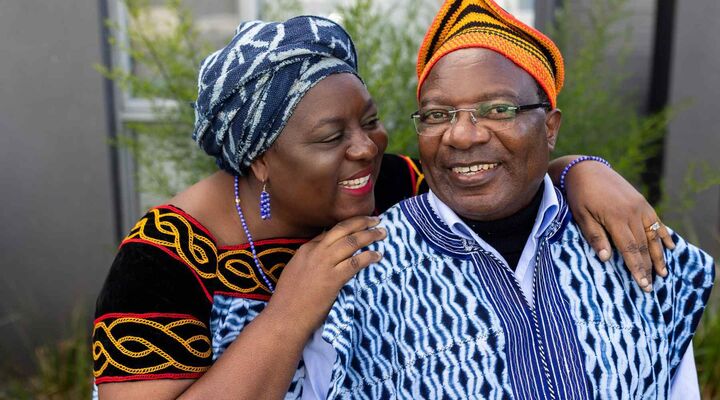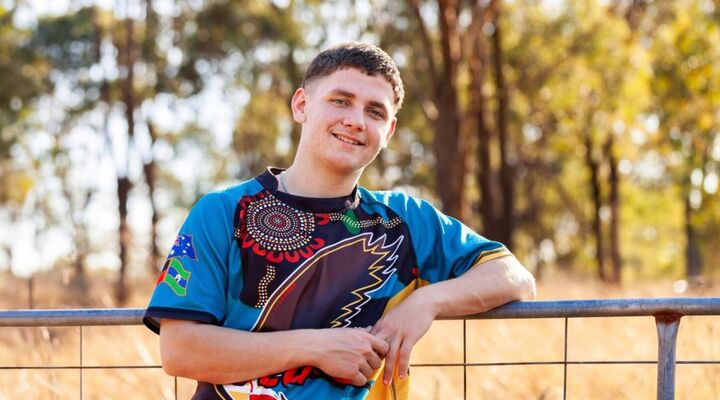Young people are at their most vulnerable when they are at risk of homelessness. It’s essential they get the right early intervention with both practical and emotional support – a role that specialised foster carers can step into.
Karen* and her partner Shelly* are foster carers who had been caring for kids for a number of years before they were asked to consider becoming specialised carers in MacKillop Family Service’s Homeless Youth Assistance Program (HYAP), based in New South Wales.
“Caring through the HYAP program is one of the most important things I’ve done,” Karen said. “You’re holding a young person in safety and allowing them and their family time to get the right support to get their lives back on track. I’ve seen family relationships that seemed to be completely broken come together again once they could access intensive support.”
HYAP offers early intervention support and accommodation to assist young people who find themselves homeless, or at risk of becoming homeless. It is available to young people aged 12–15 years who live in the local government areas of Auburn, Blacktown, Cumberland, Parramatta and Hills Shire.
There are many reasons why young people become homeless. Family relationship breakdown or conflict with their parents, drug and alcohol addiction issues, mental health challenges, death nor illness of a parent can all result in young people having to leave their family homes with nowhere to go.
“My background is in youth work, so I knew all about the problems of homelessness but as a carer in HYAP, I could see what a difference we made to a young person’s life. You’re part of a specialist team, working closely with a Team leader, Case Worker, Youth Worker and therapeutic specialists, offering family therapy to sustain the young person’s placement with family,” Karen said.
We’re all working to reconnect a young person back to their family, education and community. It is amazing when that works but if it’s not safe for them to reconnect, we help young people establish their own independent home.
HYAP carers live with one or two young people in homes provided by MacKillop where all utilities are taken care of and carers have the use of a vehicle supplied by MacKillop as they will be transporting young people to and from school and other appointments. Carers also receive a generous carer’s reimbursement and are supported with one to one monthly reflective practice sessions with a therapeutic specialist as well as support from case managers and regular therapeutic team meetings.
“As a specialist carer, you are primarily parenting adolescents and of course it can be challenging which is why it is important that carers are also supported by the team. For me, it helped to be in a relationship where both of us were committed to doing our best for the young people we were looking after; we could also support each other when we were dealing with difficult situations,” Karen added.
Coordinator of MacKillop’s Youth Homelessness Service, Brittni Davies says there is a critical need for specialised carers for the HYAP program.
We need people to think about how they can support these vulnerable young people. It is an ideal opportunity for people who have studied or are currently studying either youth work or social work. People with an understanding of adolescents and the challenges they face.
“We find that people aged 25 to 40 years work well in HYAP and they become mentors to the young people they are caring for. People mostly stay with HYAP for two to three years and they gain invaluable practical experience in working with young people and the challenges they can face through family breakdown and homelessness,” Brittni said.
“The reason we left the HYAP program was to start a family of our own as the young people in the HYAP program need our full focus. It’s definitely something I will consider doing again when the time is right.
“I wish people could understand exactly how much of a difference you can make to a young person’s life. I honestly don’t understand why it’s difficult to get carers for HYAP and I hope my story will help existing foster carers or students think if it is something they can do; it will have as positive an impact on their lives as it has on the young people they are supporting,” added Karen.
*Names changed to protect identity
